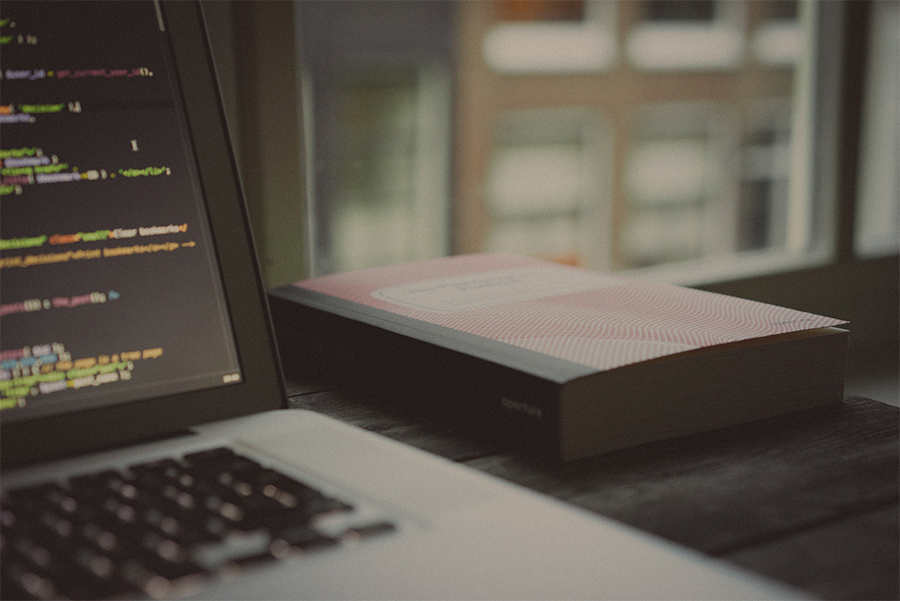The other day I answered a question on Quora: What UI/UX books should every software developer read?
As an avid reader, there are a few strong design books I’d recommend other specialists (devs, data scientists, product managers, marketers, etc.) to read.
But firstly, why should you?
Benefit #1 – Thinking different. While an ability to ideate and do so in a structured way is expected of UXers, it’s not design exclusive. Anyone can apply design thinking, HCI, creativity tactics to make more innovative decisions.
Benefit #2 – Enhanced collaboration with the design folk. Engineers I’ve worked with in the past would always highlight the gap between user research and UI designs. Nobody can tell what happens in the middle. And so, by understanding where those wonky ideas come the team is more likely to make joint decisions.
Benefit #3 – Acquiring skills that will make you future proof. I’ve covered the role hybridisation and a phenom of ‘UX developer‘ before, but it’s worth repeating again. It’s not a secret that combining technology with human centred knowledge can make one a linchpin.
Intrigued?
Buckle up… here’s a list:
Sprint by Jake Knapp.
Google’s sprint framework for a 5 day Design Sprint that can (and should) be run by everyone, not just designers. It’s an amazing framework that is transforming the way the tech giants and unicorn startups approach their customer issues. A structured day-by-day approach can benefit any innovation seeking team.
A technique for producing ideas by James Webb Young.
I've noticed that developers tend to outsource the creativity to designers. Fact is, we’re all creative and we all ideate. This book gives a great step-by-step framework to coming up and testing ideas. As an engineer, if you want to contribute better when it comes to product development - you need to read it.
Lean vs Agile vs Design thinking by Jeff Gothelf.
I think the first two methodologies are simple to grasp. Yet, the last one - the design thinking - is something engineers steer away from. If one wants to work better with your design team this mini book is perfect to understand the process nuances between these methods. It will also explain why designers obsess with user empathy and what might seem like the 'crazy' ideas.
The elements of user experience by Jesse James Garrett.
It's one of the first books to define process for UX in simple and applicable terms. The 5 plane approach to solving problems taking the solution from research to development is typical nowadays. Yet, most engineers don't always know why they implement things they do. The book gives a good take on how the information evolves from start to finish.
Ends by Joe Macleod.
A must read for everyone involved in tech. Why? Every solution nowadays focuses on the on-boarding, conversions... getting users engaged. But way too often teams overlook the off-boarding and the exit experiences. This book is an interesting take on history, rituals, culture, tech and how we need to reevaluate the things we focus on.
100 things every designer needs to know about people by Susan M. Weinschenk.
If it would be up to me I'd would rename this book into '100 items that can make anyone a design/engineering/product pro'. Every solution you'll ever build will impact people. Understanding how everyday people behave and expect their products to behave is an absolute must. Especially for the makers. Why would I recommend this book to a developer? Because of its format: 100 items described with very little to no fluff.
Atomic design by Brad Frost
If you're involved in any front-end work, you've probably know of this one already. This is a short book on making and maintaining of living design systems. And to be clear, I'm not talking about sketch or zeplin files you get from designers. This is a rather technical read of how seemingly small patterns evolve into organisms and how you can maintain it using code snippets. It's one of those books that is written for both: UX designers and engineers.
Creative confidence by Tom Kelley
Design thinking in a nutshell. But not the woo-woo part. This book outlines the creative and playful approach to finding desirable, viable and feasible ideas. Why do I think this would benefit a developer? Well, because the process and workshop templates outlined in the book can be applied to absolutely any specialty. Ever wonder what separates truly engaging workshops from dull and forced ones? Probably that the former was run by someone who knows of design thinking.
Want more creative and design book suggestions? Check my design book reading list with ratings here. It’s a living list and thus will update as time goes by.
